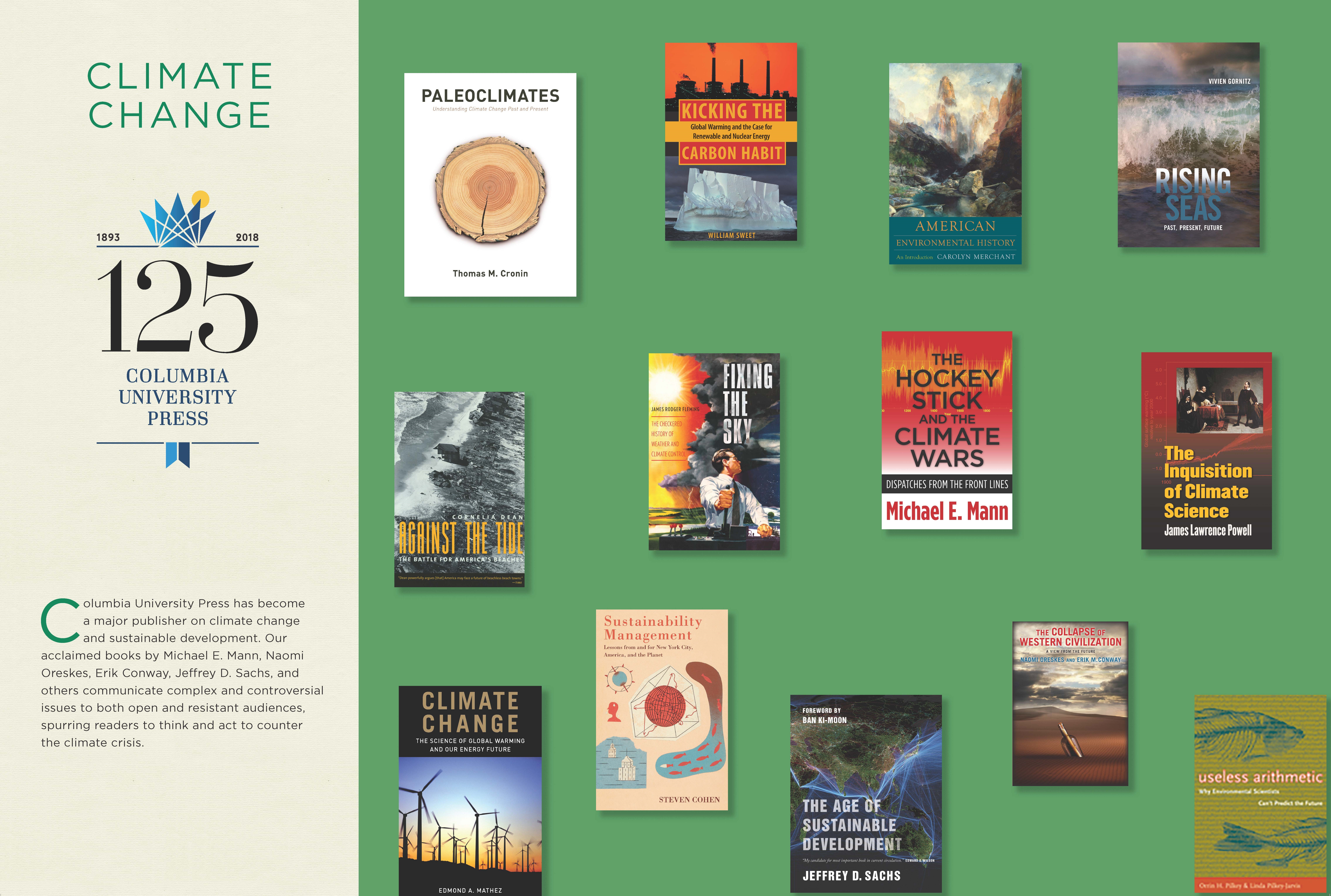Q&A with Daniel McCool, author of River Republic: The Fall and Rise of America’s Rivers
This week we are highlighting Daniel McCool’s River Republic: The Fall and Rise of America’s Rivers. Today we’d like to share an interview with Daniel McCool in which he discusses rivers, politics, and how everyone has a “river story.” And remember that this week you can enter our book giveaway for a chance to win a FREE copy of River Republic.
Question: Why should people care about rivers?
Daniel McCool: To start with, their lives depend on them. Rivers are our source of water, either directly or indirectly. Without rivers, there is no living planet. Second, rivers, and the water they provide, are a great source of recreation for everyone; they give us an opportunity to experience a natural setting—if they haven’t been polluted or destroyed—and they provide habitat for much of the wildlife that humans find so fascinating. And third, rivers are a rich part of our history and culture. By gaining a greater understanding of our rivers, we can enhance our understanding of the growth of our nation and the development of a uniquely American culture. Just look at the role of Mark Twain and his writings about the Mississippi River in our national culture. Rivers are ubiquitous in our poetry, our literature, and our music; there are something like 35 songs with the title “The River.”
Q: In reading River Republic, it is difficult to discern your ideological leanings. Are you a conservative, liberal, or moderate?
D.M.: I think ideology is irrelevant to the movement to restore rivers. Most river restoration efforts are supported by people from all over the political spectrum; fishermen, hunters, wilderness lovers, clean-water advocates, local businesses and a range of public interest groups come together to restore rivers. As for me personally, I am fiscally conservative but also an environmentalist. I think spending millions on pork-barrel water projects when we’re $15 trillion in the hole is madness. On the other hand, it makes a lot of sense to judiciously use federal funds to protect water quality and help restore rivers so they become a premier public resource.
Q: What approach did you use in writing this book? Is there a specific methodology or point of view?
D.M.: The book is primarily written in narrative style; rivers, perhaps more than anything else, beg for a story. This book is also partly a memoir. I’ve spent a large part of my life on rivers, and I use those experiences to enhance the narrative; I describe personal experiences ranging from my first fishing trip as a small boy to flipping my raft in the Grand Canyon. There are also some statistics and policy analysis. I am, after all, a political scientist, and rivers are overtly politicized.
Q: There is a great deal of concern these days about jobs and the economy. How is river restoration relevant to that?
D.M.: It is important to understand that river restoration is a form of economic development. Restoring rivers will help us restore our economy. Most river restoration efforts are backed by a cadre of local businesses because they see a restored river as a way of bringing in jobs, increasing property values, and creating new opportunities for commercial and residential development, recreation-oriented businesses, and increased tourism. The last three chapters of the book focus on the new economy of restored rivers.
Q: A lot of books written by academics are not readily accessible to a lay audience; they tend to have lots of jargon and technical analysis. Will this book appeal to a larger audience?
D.M.: I certainly hope so. I wrote it with a large audience in mind, not for the narrow confines of academia. I think it recently passed the acid test of lay readership; my 83-year old mother-in-law just read the book and pronounced it a great read! My mother also loved the book, although she may be a tad bit biased.
Q: You make the claim in the book that everyone has a “river story.” How do you know that?
D.M.: If you live near a river, then it is important to you, even if you are only partially aware of its relevance. The river provides sustenance, economic vitality, and is a component of your natural environment. So, in some way, that river has touched your life and thus is the basis of a story. If you live in a place without nearby rivers, it is the absence of the river that is important; aridity makes one appreciate rivers even more. Rivers also create stories by doing things we don’t like, such as flooding, going dry, or becoming polluted. Even these negative events create stories, often with profound insights.



1 Response